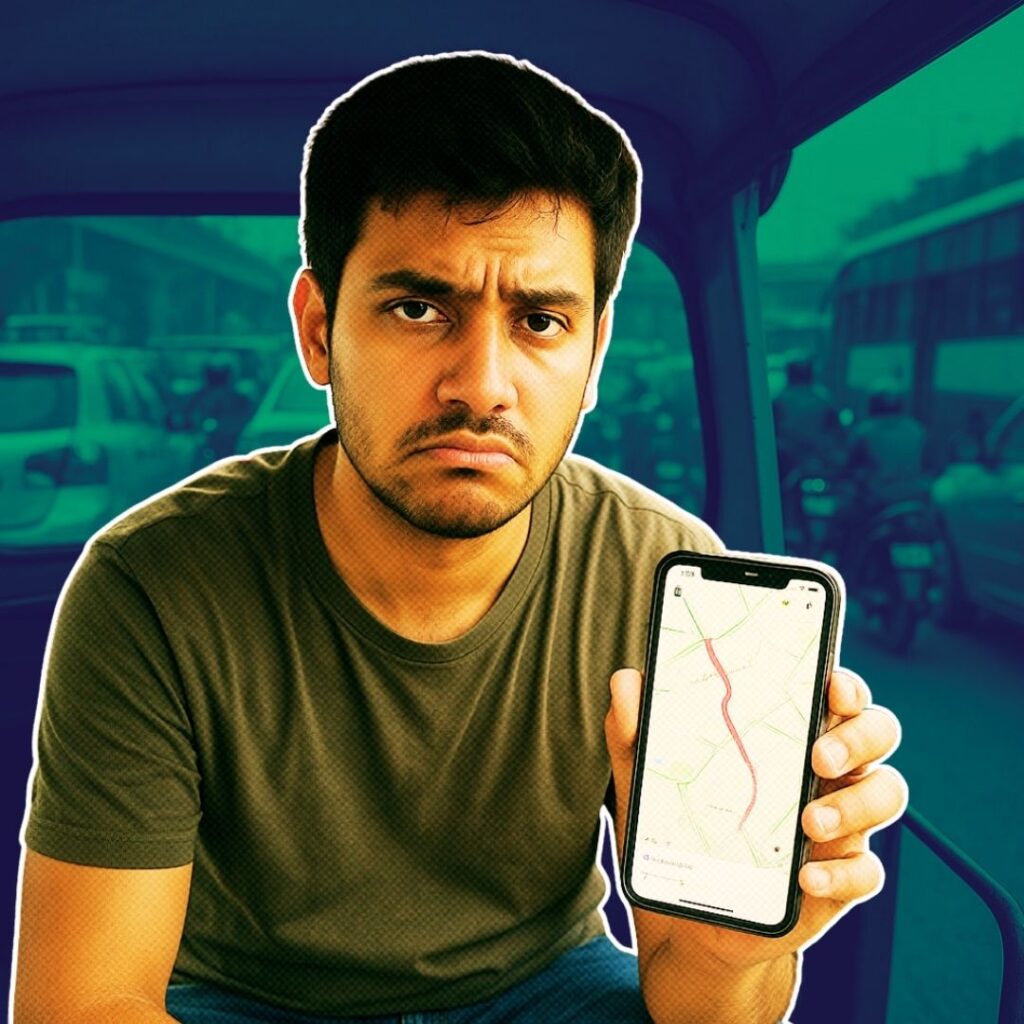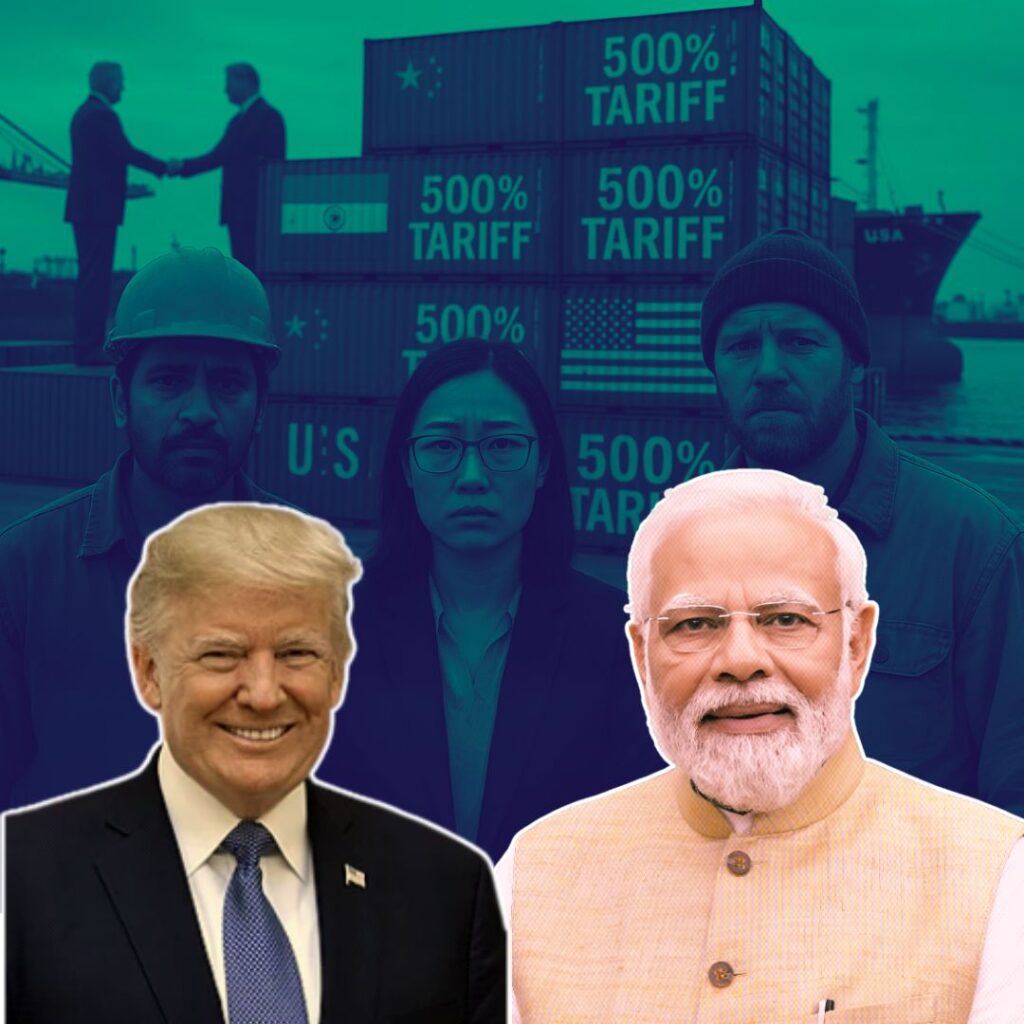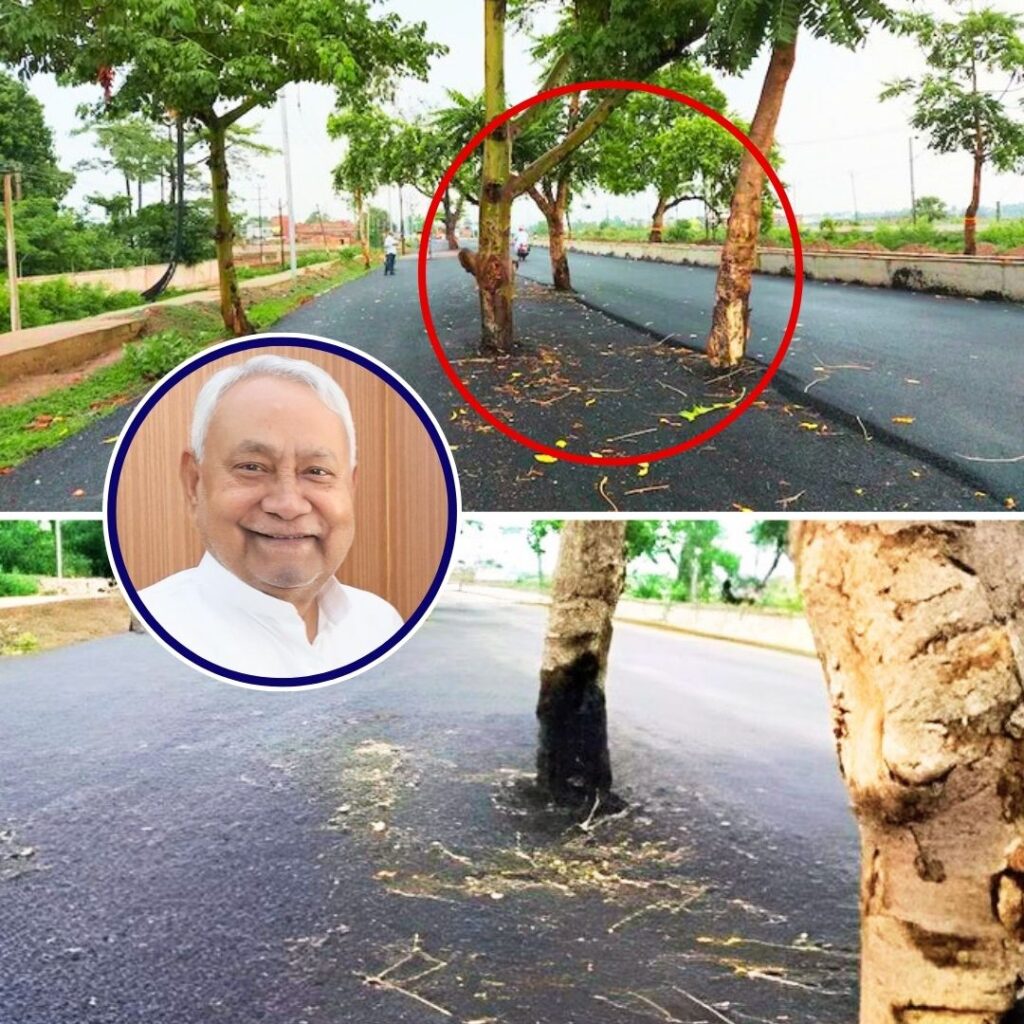The Supreme Court on Wednesday, October 11, ruled that the Exception Clause 2 to Section 375 (rape) of the Indian Penal Code (IPC) is violative of the Indian Constitution and not in conformity with the Protection of Children from Sexual Offenses Act (POCSO), 2012.
The exception clause in Section 375 of the IPC says, “sexual intercourse by a man with his own wife, the wife not being under fifteen years of age, is not rape.” The SC deemed it violative of Article 14 (equality before law), 15 (discrimination) and 21 (right to life) of the Constitution.
The POCSO Act recognises sexual intercourse with a girl below the age of 18 years a crime even if she is married.
This verdict comes after the Supreme Court had said in August, after the Parliament’s decision, that forced marital intercourse and sexual acts are not rape, hence, cannot be considered as a criminal act.
“Parliament has extensively debated the issue of marital rape and considered that it was not an offence of rape. Therefore, it cannot be considered as a criminal offence,” a bench of justices M B Lokur and Deepak Gupta had observed.
The apex court, however, sought to know as to whether the Parliament debated the aspect of protecting married girls between the age of 15-18 years from forced sexual acts by their husbands. It also questioned whether the court could intervene to protect the rights of such married girls who may be sexually exploited by their spouses. The SC had said that marriage of a girl below the age of 15 years is illegal.
The bench was hearing a plea questioning the constitutionality of a provision permitting a man to have a physical relationship with his wife even if she is aged between 15 and 18.
The court observed that if a man has physical intercourse or engages in sexual acts with a girl under 15 years of age, it is termed as rape, with or without consent.
However, if she is below 18 years of age but more than 15 and married, then no offence of rape is made out.
Recent verdict
In its October 11 judgement, the apex court sought to protect minor girls from rape. The SC made it clear that it is not going into the larger issue of marital rape and urged the central and state governments to take proactive measures to prevent child marriages.
The decision was based on a petition filed by NGO Independent Thought.
The Logical Indian take
The SC’s decision is highly appreciated. Child marriages, though illegal, are still prevalent in India and criminalising intercourse with a minor, even when in a marriage, is a victorious step toward the protection of children from sexual abuse.
The apex court did not speak about marital rape, which, is still a highly debated topic in the country. To deem the act illegal is in the hands the Parliament. Section 375 of the Indian Penal Code needs to be amended, the power of which lies only with the government.
Rape cannot be put into different categories. A rape is a rape, whether committed by a stranger, an acquaintance, or even a husband. Indian law needs to remove the special provision given to some rapists and accept that marital rape is a reality that thousands of women suffer from.
Also read:
Marital Rape Of Girl Above 15 Years Is Not A Criminal Offence: SC After Parliament’s Decision “Marital Rape Laws Will Be Misused By Women” Is A Flawed Argument; Here’s How The Accused Can Be Punished India Shouldn’t Follow Western Countries Blindly & Criminalise Marital Rape: Centre To Delhi HC











